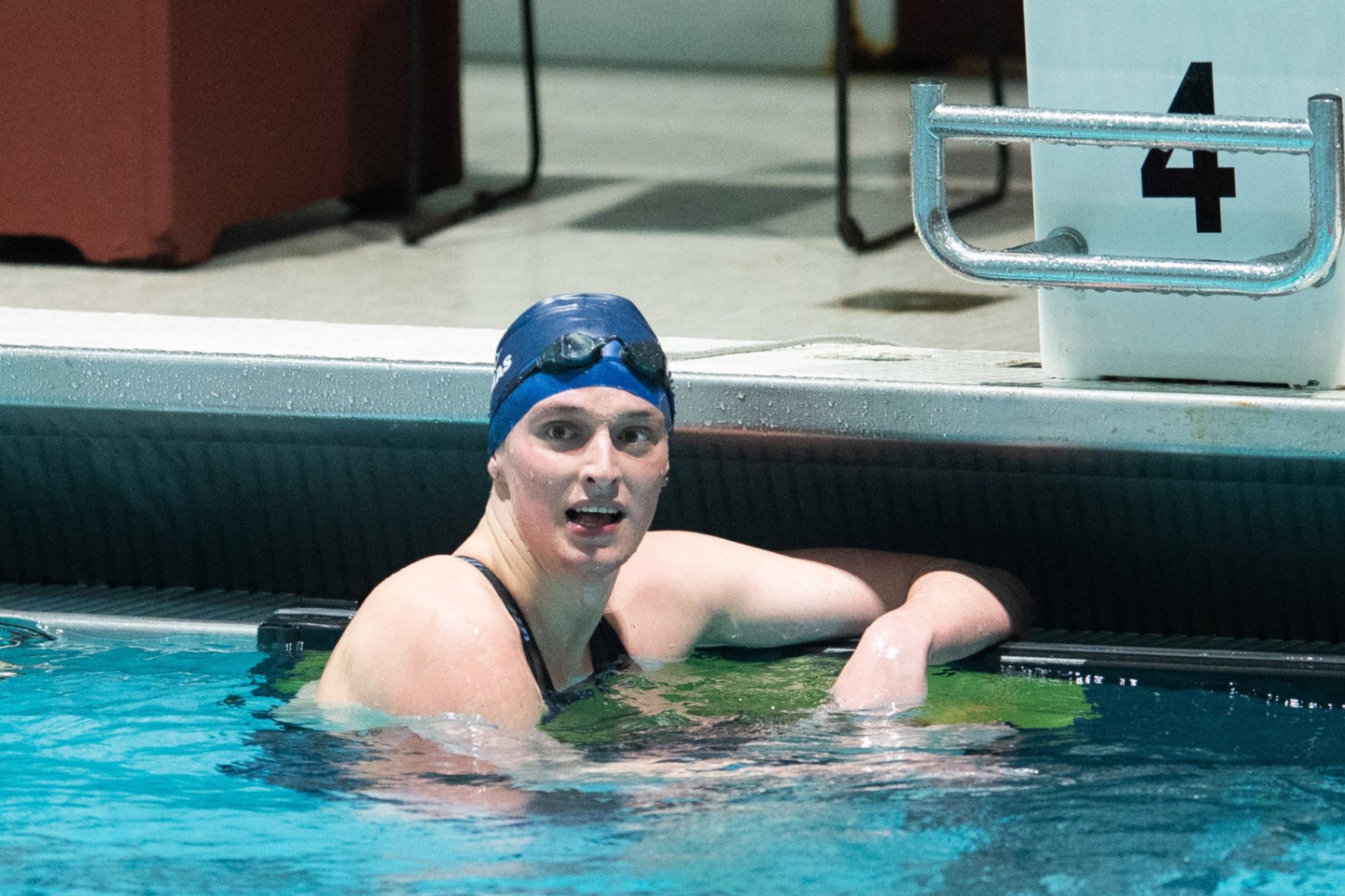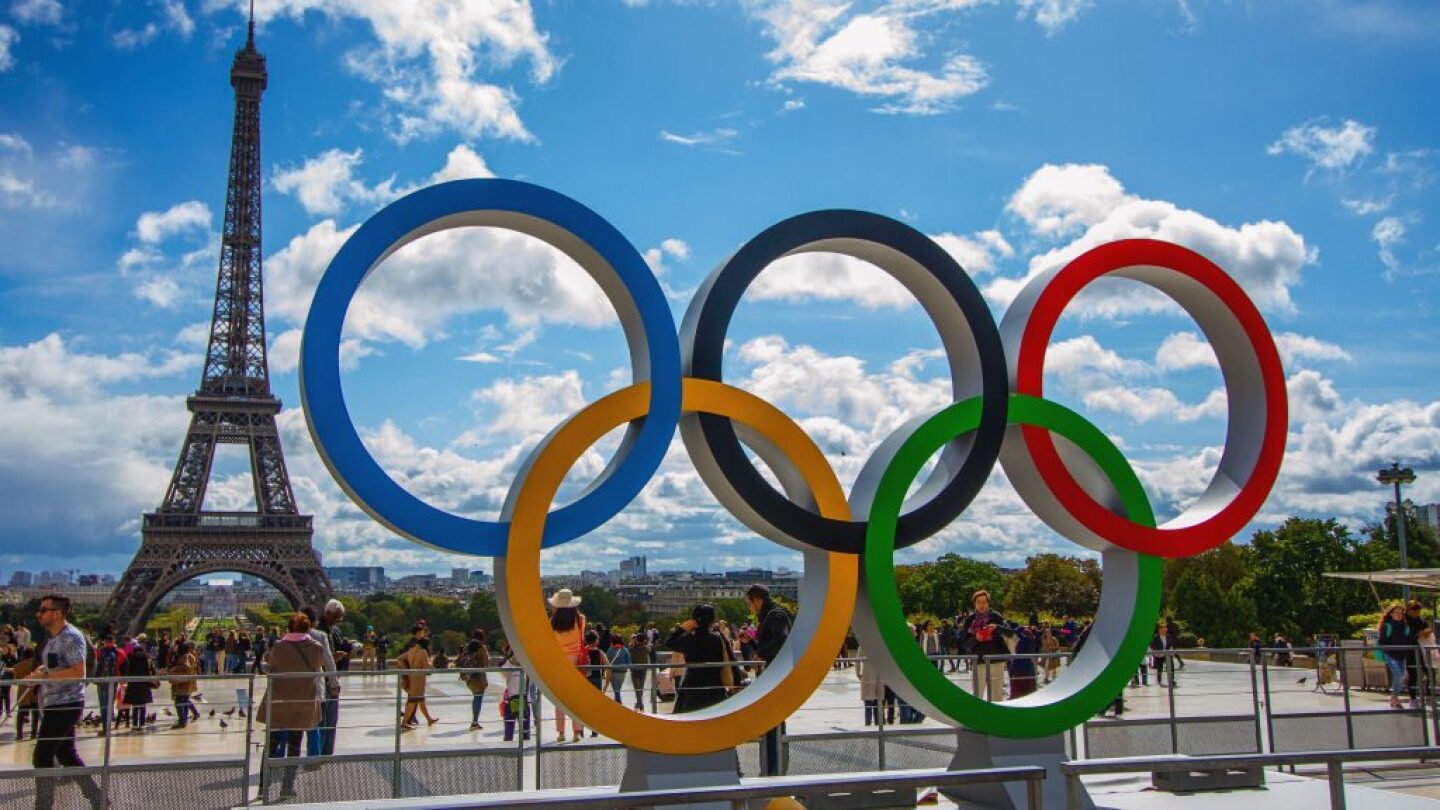Lia Thomas, a transgender swimmer, is challenging the World Aquatics ban that prohibits biological males from competing alongside women. Her aim is to qualify and participate in the Paris 2024 Olympics.

This move by Thomas has sparked widespread debate and controversy within the sports community. Advocates argue that Thomas should be allowed to compete based on her gender identity and fairness principles. They emphasize her right to participate without discrimination and highlight the importance of inclusivity in sports.

Opponents, however, express concerns over competitive fairness and the potential impact on women athletes. They argue that biological advantages conferred by male physiology could undermine the integrity of women’s sports, raising questions about equal opportunities and competitive balance.

The World Aquatics ban, which aims to maintain fairness in competitive sports, has faced scrutiny and criticism from various quarters. Critics argue that the policy may need to be reassessed in light of evolving societal norms and understandings of gender identity.
As the debate continues, stakeholders seek to find a balance between inclusivity and maintaining the integrity of competitive sports. The outcome of Thomas’ challenge and its implications for future athletic competitions, particularly in the context of gender diversity, remain pivotal issues in the ongoing discourse.
In conclusion, Lia Thomas’ challenge to the World Aquatics ban underscores broader discussions about gender inclusion in sports and the complexities surrounding fair competition. As debates unfold, athletes, officials, and advocates navigate the delicate balance between upholding principles of fairness and respecting individual identities in the pursuit of athletic excellence.





